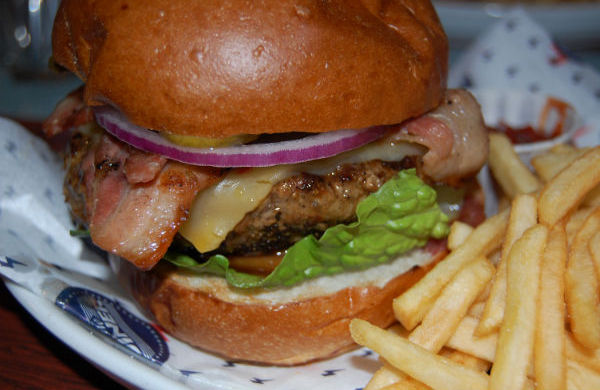GROUPON GUIDE TO LONDON
BY:
Deals in london View All

The Crazy Bear | 2 or 4 Cocktails | Beaconsfield | Stadhampton
58% discount_off
The Crazy Bear

Enjoy 2 Wine Flights with Grazing Board
58 Victoria Street, London
48% discount_off
All Bar One

Private Karaoke Booth for Up to 15 People + Cocktail Jug
111 Long Ln London Bridge, London
86% discount_off
£23.78 with_code PROMO
The Old School Yard
Beer, Wine & Gin Tastings Near YouView All

Home Brewing Beer Course from International Open Academy
91% discount_off
£8.19 with_code EXPLORE
International Open Academy

Savor Award-Winning Gin & Whisky with a 90-Min Guided Distillery Tour
Philip's Field, Whichford Road, Stourton
44% discount_off
£11.44 with_code EXPLORE
Cotswolds Distillery

Restaurant Specialty - Wine Tasting / Flight at Dionysus Wines
35 Mill Lane, London
from £49
£40.18 with_code EXPLORE
Dionysus Wines

Up to 48% Off on Tour - Brewery at Fullers Griffin Brewery
Griffin Brewery Chiswick Lane, London
48% discount_off
£10.62 with_code EXPLORE
Fullers Griffin Brewery

Guided Beer Tasting at Kill The Cat - Spitalfields Market
14 Market Street, London
50% discount_off
£8.20 with_code EXPLORE
Kill The Cat

Get a Ginny Adventure: Sipsmith London Distillery Tour for One to Four
83 Cranbrook Rd, London
25% discount_off
£15.37 with_code EXPLORE
6 bought
Sipsmith London

Experience Icebar Berlin with "Skip the Line" Ticket - Fast Entry
Spandauer Straße 2, Berlin
46% discount_off
£10.99 with_code EXPLORE
Icebar Berlin

Explore Gin Tasting & Masterclass or Make Your Own Gin in Gin Lab
Old Royal Naval College, King William Walk,, London
34% discount_off
£40.96 with_code EXPLORE
Greenwich Spirits Company

Wine Laboratory Experience and Artisanal Cheese Pairings for 1, 2 & 4
200 York Way, London
65% discount_off
£24.56 with_code EXPLORE
Vinesine

Up to 53% Off on Pizza & Prosecco at Hemingways Lounge Bar
57 High Street Wimbledon, Wimbledon
53% discount_off
£24.60 with_code EXPLORE
Hemingways Lounge Bar

Crazy Golf, Cocktails and Pizza - Drinks at The Cavendish Arms
128 Hartington Road, London
40% discount_off
£22.63 with_code EXPLORE
The Cavendish Arms




